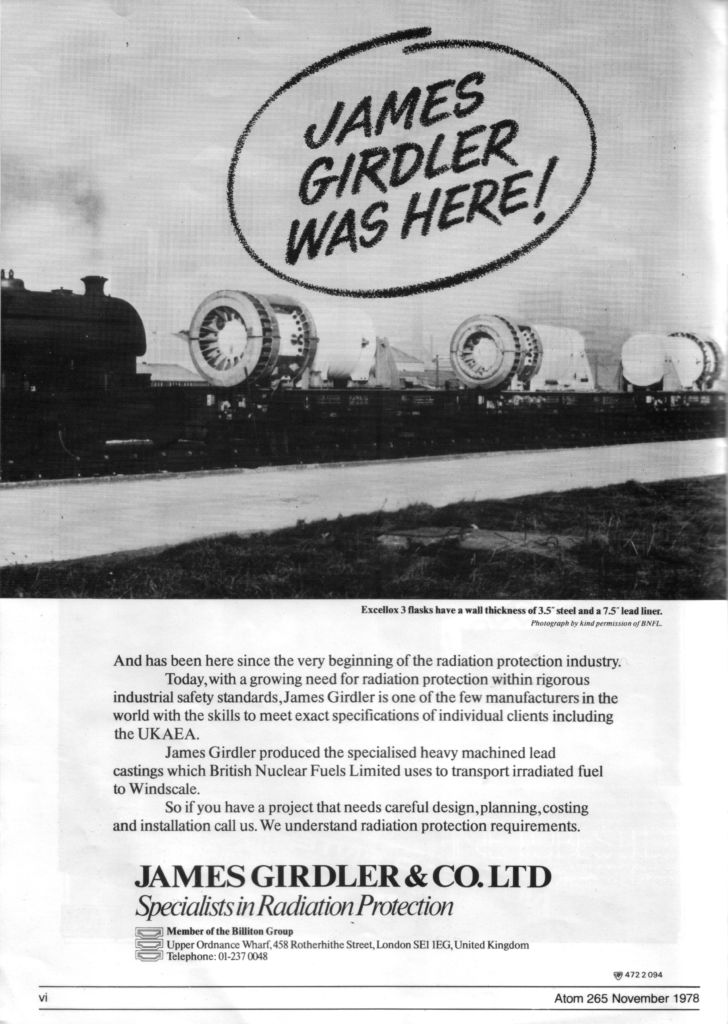The novelist Nevil Shute was once known as NS Norway, pilot, aeronautical engineer, and for a while a principal of the company that made the fastest aeroplanes in the world, known ironically as Airspeed Limited. His autobiography is well written and interests me a great deal, and the section on his work on the R.100 continues the airship theme from My Zeppelins and My Polar Flights.
Recordings
- 2024–06–25 The first chapter starts south of Melbourne, Victoria, in the early 1950s, and then flashes back to the author’s youth in London, where he skipped school to visit the South Kensington Science Museum.
- 2024–06–28 The end of the First World War, sailing, early days at de Havillands, a piece of poetry (someone else’s) described as very good and another (the author’s) as very bad, and some advice on writing.
- 2024–07–02 The beginning of work on the airship R–100, a discussion of what makes a good test pilot, and the publication of the author’s first novel, Marazan.
- 2024–07–05 Completion and first flight of R–100, and a mention of how So Disdained was published in the USA as The Mysterious Aviator.
- 2024–07–09 Flight trials of R–100, and the beginning of the flight to Canada, with some vivid description of fascinating aspects of airmanship, and remarks on the difficulties of R–101.
- 2024–07–12 “Aircraft do not crash of themselves. One crash in a thousand may be unavoidable because God wills it so — no more than that.” The flight to Canada, concluded ; rough weather and mid–air repairs ; the disaster of the R–101 and reflections on its origins.
- 2024–07–16 The disaster of the R–101 and the end of airships in Britain, lessons drawn about institutions, and the origins of Airspeed Limited.
- 2024–07–19 Early days at Airspeed Limited, with ruminations on the problem of risk capital ; the sad story of a German pilot who wanted to immigrate to Britain, but was deported back to Germany, where he undoubtedly ended by flying for the Luftwaffe against Britain ; and the observation that “everybody pays lip service to the safety of aeroplanes, but nobody is prepared to pay anything for it.”
- 2024–07–23 More thoughts about risk capital and its implications, and about what makes a good test pilot ; air–to–air refueling experiments ; financial shenanigans ; and the genesis of the Courier and Envoy aircraft. Look here for some photos of the work at Airspeed, Ltd.


